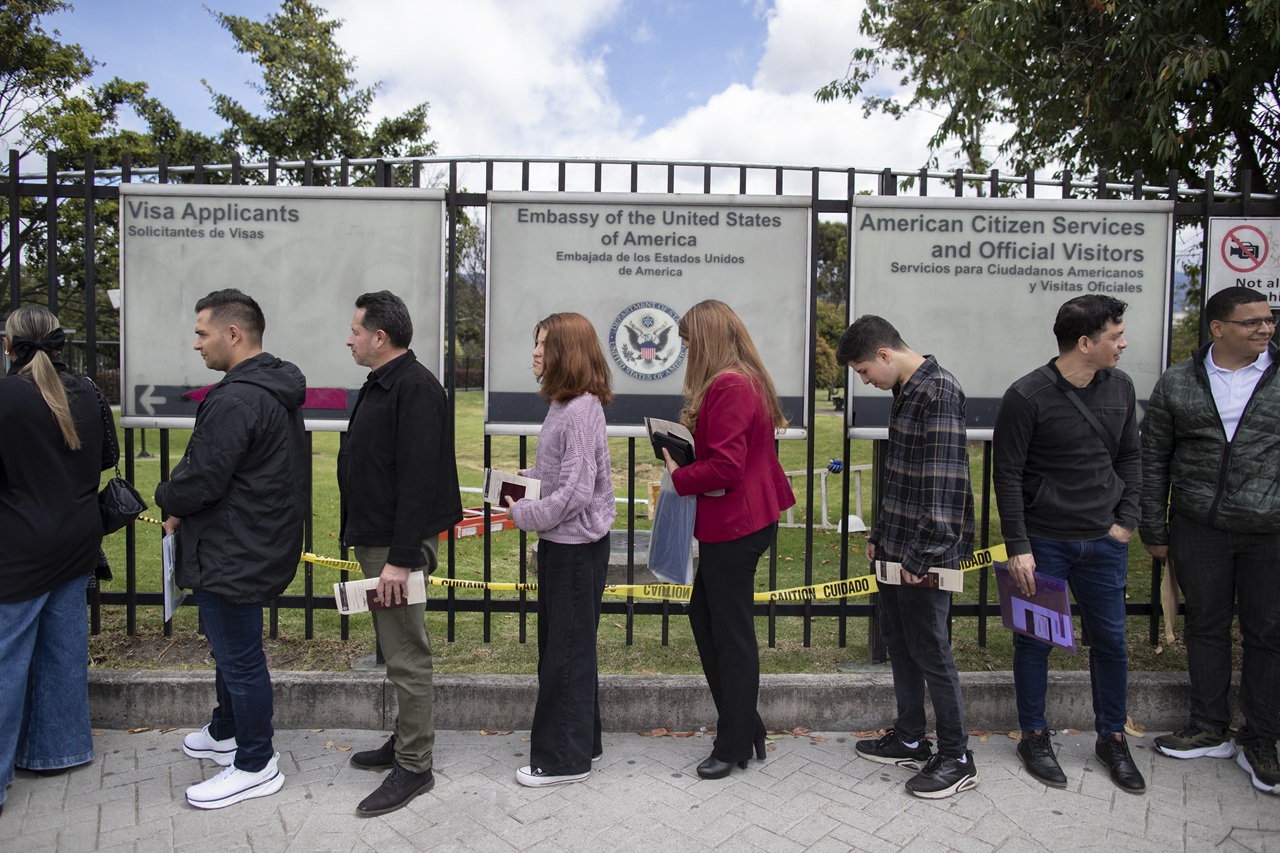
Connecticut could be the next state to mandate AAPI history in schools
At the urging of lawmakers in the state, it could become the third U.S. state to do so.
Last month, Connecticut lawmakers introduced a bill that would require Asian-American history to be part of public school curriculums, and now they are urging a vote on the measure.
Approaching the fight against racism through education is a long-term project, but as Asian-Americans continue to experience harassment and assault all over the country, the time to start is now.
Connecticut lawmakers are urging a vote on requiring teaching Asian American history in public schools. - @NBCAsianAmerica https://t.co/dotOmkq5lm
— NBC News (@NBCNews) March 24, 2022
House Bill 5282, introduced in late February, would require public schools to integrate a history curriculum that includes the cultural, political and social contributions of Asian American and Pacific Islander (AAPI) communities.
If the bill becomes law, Connecticut would become the third state to require this type of curriculum, following Illinois and New Jersey. Ohio, California, New York, and Florida lawmakers are making similar pushes for mandatory Asian-American history lessons.
In 2019, the state made history as the first to require public high schools to offer courses in Black and Latinx studies.
State Sen. Tony Hwang, the bill’s sponsor, said education should be used to build cultural awareness for students of all backgrounds to better understand and appreciate each other.
“The Asian Pacific American experience is one that is part of the tapestry of this country. My hope in this curriculum is not only to raise awareness, but to educate and foster greater appreciation and tolerance for all of the people in our community and in our country,” Hwang told NBC News.
Hwang said that the 2019 law requiring Black and Latinx studies paved the way for House Bill 5282.
“We need to learn from our history,” Hwang said, adding that students need to be taught the “mistakes” of the past.
Though this country has made great strides in terms of equity, people of color continue to experience racial oppression in every sector of society.
Momentum is building to push for the teaching of Asian American history in our schools following the signing of a new law in Illinois mandating that. The Project has reached students from California to New York to Connecticut, and hopes to reach more. https://t.co/FbXqWS94Ji
— AARP AAPI Community (@AARPAAPI) August 23, 2021
Anti-Asian hate crimes increased by 339% between 2020 and 2021, according to data published by the Center for the Study of Hate and Extremism.
RELATED CONTENT
Education may not be a silver bullet solution, but it may serve as a potent reminder to make the future better for all Americans.
Attorney General William Tong, the first Asian-American Constitutional Officer in the history of Connecticut, recently spoke with CNN on the violence facing his community.
WATCH: Connecticut AG @WilliamTongCT to @JimSciutto & @PoppyHarlowCNN
— Brandon Richards (@BrandonRichards) March 18, 2021
“This is a history that people don’t really know well and that’s what it means to be an Asian-American in this country today. You’re largely invisible in the discussion about racism...”pic.twitter.com/IQEFyBjl7m
Tong explained how much of the recent surge in AAPI hatred came from rhetoric from politicians such as former President Donald Trump.
“When he blamed Asian-specific Americans, including Chinese Americans, for the coronavirus, and called it the ‘China virus’ or the ‘kung flu,’ that made all of us unsafe,” Tong said.
Tong also added that Asian American history is largely unknown and that contributes to what it means to be a member of the AAPI community in America today.
“You're largely invisible in the discussion about racism,” Tong said.
More than two dozen Connecticut lawmakers on both sides of the aisle are sponsoring this bill, hoping to change the trajectory of history.











LEAVE A COMMENT: